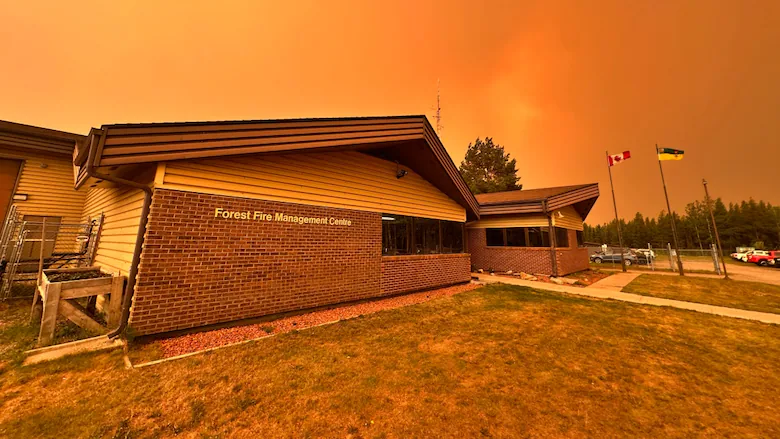Environment Canada’s seasonal forecast anticipates that most regions across Canada will experience above-average temperatures this summer, continuing a long-term warming trend and raising concerns about heatwaves, drought, and wildfires.
According to meteorologists with the federal weather agency, the latest modelling indicates that June, July, and August will likely be warmer than normal for a large portion of the country. The temperature trend will particularly impact British Columbia, Alberta, Saskatchewan, Manitoba, Ontario, and parts of Atlantic Canada. While the north and Arctic regions may see more seasonal temperatures, many southern areas are on alert for potentially prolonged heat events.
The forecast is consistent with global climate patterns, including the residual effects of a strong El Niño in the Pacific Ocean earlier this year and the broader trend of climate change. These factors have already contributed to record-breaking heat events in parts of North America and are expected to influence weather conditions this summer.
“Overall, the signals are clear,” said Environment Canada meteorologist Jennifer Smith. “Canadians, particularly in central and western regions, should prepare for a summer that will likely be hotter and potentially drier than average.”
With temperatures rising, the risk of wildfires is also on the radar. Last year, Canada experienced its worst wildfire season on record, with over 18 million hectares burned and widespread evacuations. Emergency management agencies and local governments are already coordinating efforts in anticipation of another intense season. Hot, dry conditions not only increase fire risk but can also lead to water restrictions and strain power grids as demand for air conditioning surges.
Precipitation forecasts remain uncertain, but current models suggest that some areas may experience drier-than-average conditions, compounding the risk of drought. In contrast, certain eastern regions could still see periodic storms and heavy rainfall due to shifting weather patterns. “It’s important to remember that a seasonal forecast doesn’t rule out local variability,” Smith emphasized. “Even in a generally dry season, some places may experience sudden bouts of rain or storms.”
For urban areas, especially major cities like Toronto, Montreal, and Vancouver, the forecast could bring challenges related to public health. Municipalities are being advised to prepare heat response plans to protect vulnerable populations, including seniors, young children, and people experiencing homelessness. Heat warnings, cooling centers, and public messaging campaigns are expected to be deployed in the coming weeks.
Environment Canada is also urging Canadians to take personal precautions: staying hydrated, avoiding strenuous activities during peak heat hours, and checking in on at-risk neighbors. Officials stress the importance of monitoring weather alerts through the agency’s platforms to stay informed as conditions evolve.
The summer forecast also has implications for agriculture. Farmers are closely watching soil moisture levels and temperature trends, as crops such as wheat, canola, and corn are particularly sensitive to drought and heat stress. While some regions could benefit from a longer growing season, extreme conditions may jeopardize yields and lead to higher food prices.
Tourism and outdoor recreation industries may see mixed effects. On the one hand, warmer, sunnier weather could attract more people to parks, lakes, and campgrounds. On the other, wildfires and heatwaves could disrupt travel plans and pose safety risks.
Environment Canada updates its seasonal forecasts monthly, incorporating the latest data and global climate models. While long-range forecasts are not guarantees, they provide valuable guidance for governments, businesses, and citizens to plan accordingly.
As Canada braces for what could be another scorching summer, experts continue to emphasize the link between these patterns and the broader climate crisis. “This is part of a bigger picture,” Smith concluded. “The warming trend we’re seeing is consistent with what climate scientists have been warning about for years. It underscores the need for both adaptation and long-term mitigation.”
With the country on alert, authorities are urging Canadians to stay vigilant, informed, and prepared as the summer of 2025 unfolds.
Source: CBC News


